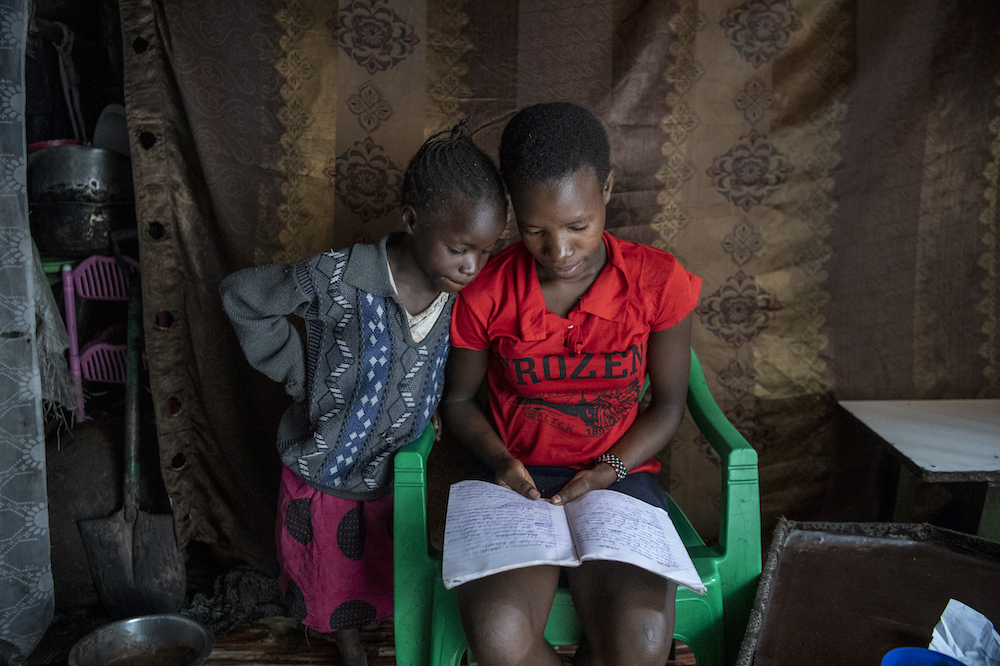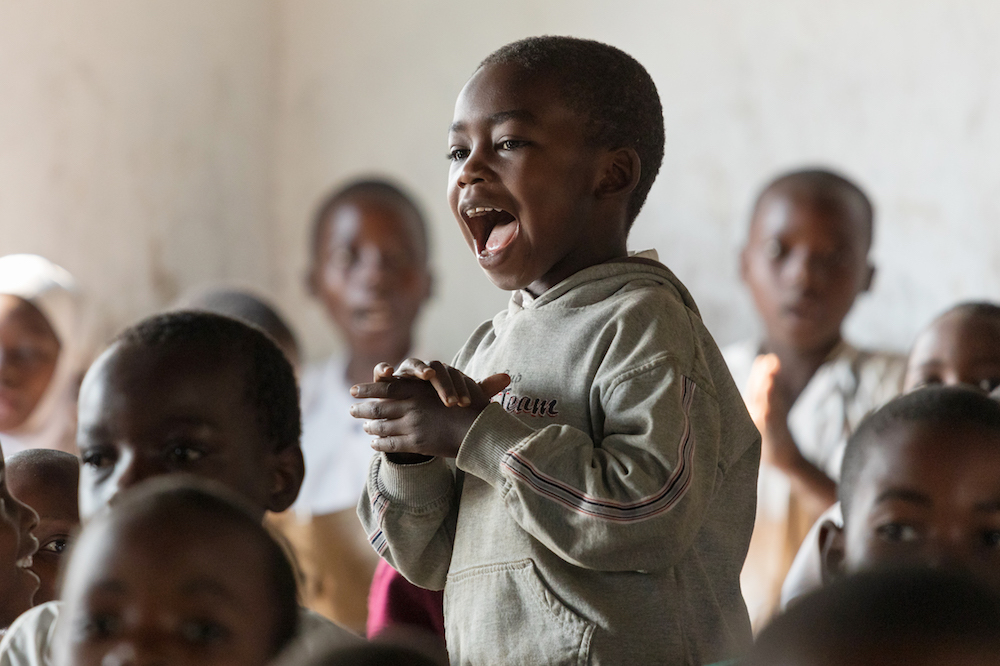
World Cup 2018: School report card on Group D countries Argentina, Croatia, Iceland and Nigeria
Right to education
Every day during the opening week of the World Cup in Russia, we're looking at the education situation in each of the countries taking part. Today it's Group D.
Every four years, the eyes of the world are focused for a month on the football World Cup.
It’s a chance for people to see games featuring countries they may not know much about. Group D kicked off yesterday and we look at some of the education facts and stats from the four countries.
ARGENTINA
Education system: compulsory for 14 years from age 4-17.
Pre-primary enrolment (age 3-5): 74%.
Primary school completion: 95%.
Student-teacher ratio: 17 in primary, 12 in secondary.
Literacy rate for 15-24-year-olds: 99%.
ISSUES AND REFORMS: Argentina has the presidency of the G8 this year and has been tasked with seeing through the launch of the International Finance Facility for Education – an initiative that will help to get millions of children across the world into school.
STAR FACT: Lionel Messi – many people’s choice as the greatest footballer ever – is a Goodwill Ambassador for UNICEF. The Barcelona star also has a foundation that works to improve access to education and health care for children. It has worked with UNICEF to get Syrian children back to school.
CROATIA
Education system: compulsory for 8 years from age 7-14.
Pre-primary enrolment (age 3-6): 63%.
Primary school completion: 97%.
Student-teacher ratio: 14 in primary, 7 in secondary.
Literacy rate for 15-24-year-olds: 100%.
ISSUES AND REFORMS: The government promised earlier this year to make education reform a priority – accepting that a system launched a decade ago needed shaking up.
STAR FACT: Liverpool defender Dejan Lovren donated £60,000 ($80,000) to the Mali Zmaj (Little Dragon) organisation in Zagreb, which aims to improve the quality of life for poor children.
ICELAND
Education system: compulsory for 10 years from age 6-15.
Pre-primary enrolment (age 3-5): 97%.
Primary school completion: 98%.
Student-teacher ratio: 10 in primary, not available in secondary.
ISSUES AND REFORMS: An OECD report in 2016 said an ageing teacher population was raising fears of staff shortages in the future. Two years earlier, Iceland said it wanted at least 90% of school students to reach minimum reading standards – up from 79%.
STAR FACT: Striker Alfred Finnbogason shocked world football by scoring Iceland’s goal in a 1-1 draw with Argentina yesterday. He spent two years being educated at a primary school in Edinburgh, Scotland, because his father was studying at university there. He said: “It was a fantastic time, a big influence on me.”
NIGERIA
Education system: compulsory for 9 years from age 6-14.
Pre-primary enrolment (age 5): 42% (latest figures from 2010).
Primary school completion: 64%.
Student-teacher ratio: 37 in primary, 23 in secondary.
Literacy rate for 15-24-year-olds: 66%.
ISSUES AND REFORMS: Boko Haram’s reign of terror has devastated the education system in the northeast. Almost 1400 schools have been destroyed, over 2295 teachers killed and three million children need emergency support on education.
STAR FACT: Chelsea winger Victor Moses was playing football in the street at the age of 11 when his parents were murdered. Family members paid for him to go to England a week later as an asylum seeker.
More news

